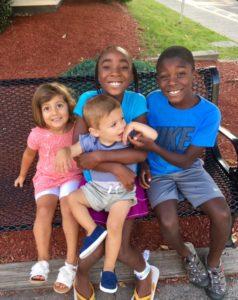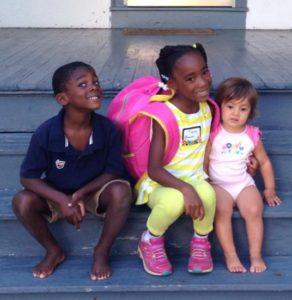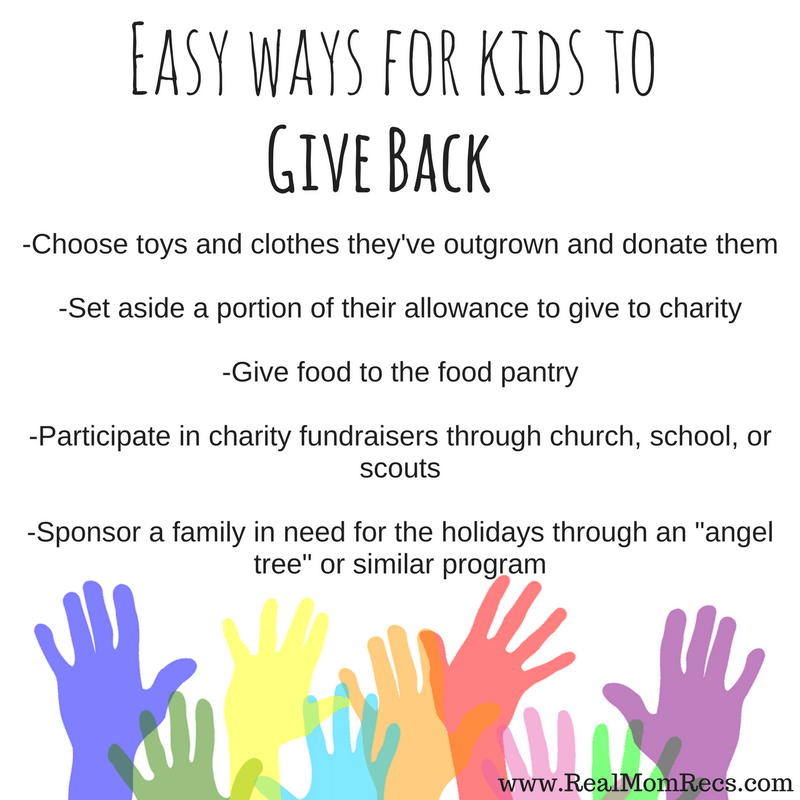Only when you’re a parent do you realize what true fatigue really feels like. As soon as one sleep problem is solved, it seems like a new one pops up. If you are dealing with kids waking too early (like 5 AM early), know that this is usually a temporary problem. I have some tried-and-true tactics to help your kids start sleeping later.
First of all let me just say this has nothing to do with color-changing clocks or teaching kids what time they can get out of bed. I don’t know whose kids look at the clock and follow the laid out rules before jumping out of bed, but mine definitely don’t. They don’t even listen to me most of the time. They sure as hell aren’t going to listen to an inanimate plastic object.
How early is too early?
If your little one wakes up between 6 and 7 but you’re just an eternal optimist wishing they’d sleep past 8, that’s most likely unrealistic. It is normal and age-appropriate for small children to wake up in the 6s. It’s only a problem that needs fixing if 1.) it’s breaking the pattern of their normal sleep habits and 2.) they seem tired/cranky during the day.
Most parents have experienced a change in their child’s sleep pattern that suddenly has them waking up *too* early. It comes on suddenly and the child is clearly sleep-deprived and cranky during the day, but they are unable to reset their schedule.
For example, my youngest son was sleeping from 7:30 pm to 6:30 am every day for almost a year. Out of nowhere he started waking up at 5. Some mornings it was 5:30, other mornings it was 4:30 😱 These were not night-wakings, he was completely awake and looking to start his day. There was no amount of shushing or patting that would get him back to sleep. Later that morning and throughout the day however, he was irritable and fussy.
Luckily we’d been to this rodeo before with our other children and had some tricks to try.
I want to include a bonus solution for you! Check what type of mattress they are sleeping on. I found this, Bed for Children – Parent Buying Advice very useful. Sometimes we overlook things and the solution is right in front of us.
1. Re-evaluate the nap schedule
The schedule that was working before is no longer working, so it’s time to figure out why. A good starting point is to look at a chart of sleep/wake times by age and figure out what their total sleep should be for their age.
[tp_table id=7 /]
Depending on their age and sleep needs, it may be necessary to change the nap in one of these ways:
A. Change the nap schedule from two naps/day to 1 nap/day (typically between 12-18 months of age)
B. “Cap” the nap at a certain time to ensure it doesn’t interfere with bedtime (for example, end all naps by 3pm to make sure there is the correct amount of wake time before bedtime), or
C. Eliminate the nap altogether (typically done at age 3-4)
In the case of our little 5 am wake up call, looking at the chart I was able to see that at his age (16 months) is when he needs to go down from two naps a day to one. Too much nap time sleep was interfering with his night time sleep.
2. Eliminate over-tiredness
This is critical! IGNORE the barrage of well-meaning advice-givers who tell you that keeping the kid up later will make them sleep later. This is almost never the case.
Even though it’s counter-intuitive, a child who is kept awake for too long and goes to bed overtired will just wake up EARLIER.
The pediatric sleep consultants at WeeBeeDreaming explain it well:
“Well-rested children accept sleep more readily, sleep better, and sleep longer than overtired ones.
When babies are overtired, the stress hormone ‘cortisol’ is secreted and cortisol keeps us awake (it’s the same hormone that would be released into your body if you were in a situation where you were trying to save your own life – the ‘flight or fight response’). Ensuring that babies do not reach this overtired state is pivotal to ensure a good night’s sleep.”
Avoid over tiredness by sticking with an early but age-appropriate bedtime. Between 6pm and 8pm is what aligns with most children’s natural sleep rhythms.
Another trick to determine the correct bedtime? Take the time your child needs to be awake for school or daycare, and calculate based on their total sleep needs (see table above) to figure out what time they need to be in bed. For example, if your non-napping 4 year old wakes up at 7am, a bedtime between 7 and 8 pm will ensure an optimal 11-12 hours of sleep.
3. Check the room for sleep disruptors
Does the sun shine through your child’s blinds, waking them when it rises? Are they hearing a garbage truck making its way through your neighborhood?
Simple solutions can be your best friend here.
Room-darkening shades and a white noise machine are simple ways to solve these problems.
These are just like the blackout shades we have in Elle’s room:
And all four of my kids sleep with one of these bad boys:
4. Purposely disturb their sleep cycle
If you’ve checked the previous three off your list and still have an early bird on your hands, it’s time to break out this trick.
Sometime in the night when they are in a deep sleep (it can be when you go to bed yourself), go on in and rouse them a bit.
It doesn’t need to be a full wake up, but just move the child enough to disrupt their sleep cycle. Change their position, give them a kiss, make sure they move around a little bit and then leave them to drift back off to sleep.
This small act can be enough to alter their sleep pattern and change their wake up time. Even if it’s half a sleep cycle, that’s an extra 22 minutes of sleep in the wee hours of the am!
What questions or tips do you have for kids waking too early?
After all, parenting is hard enough even with a good night’s sleep!



















































